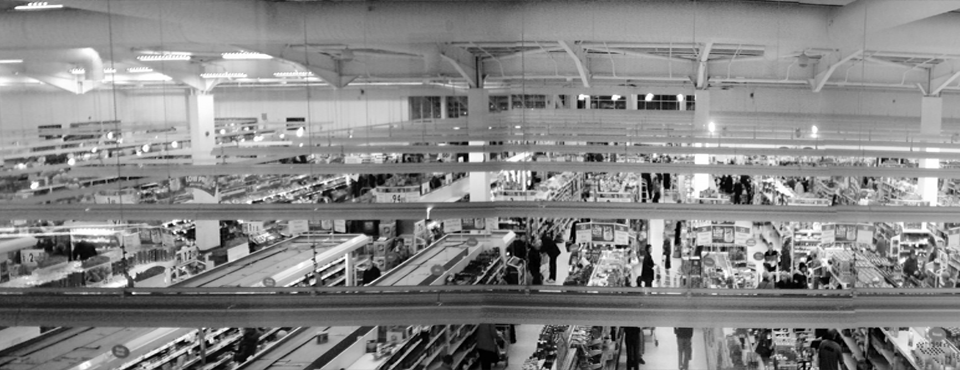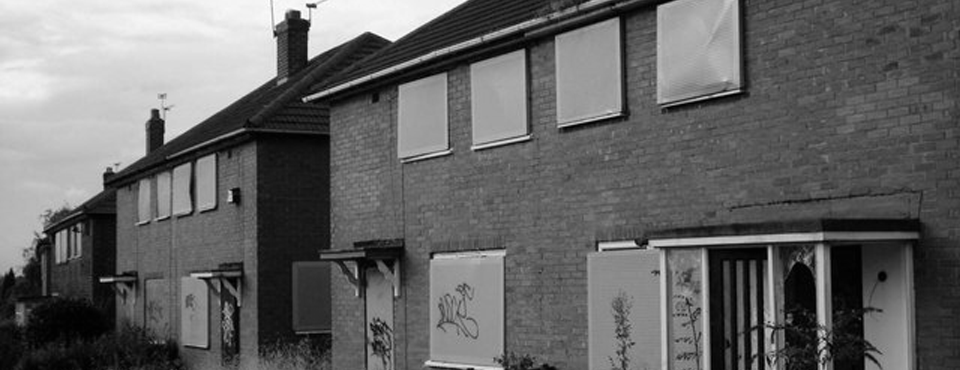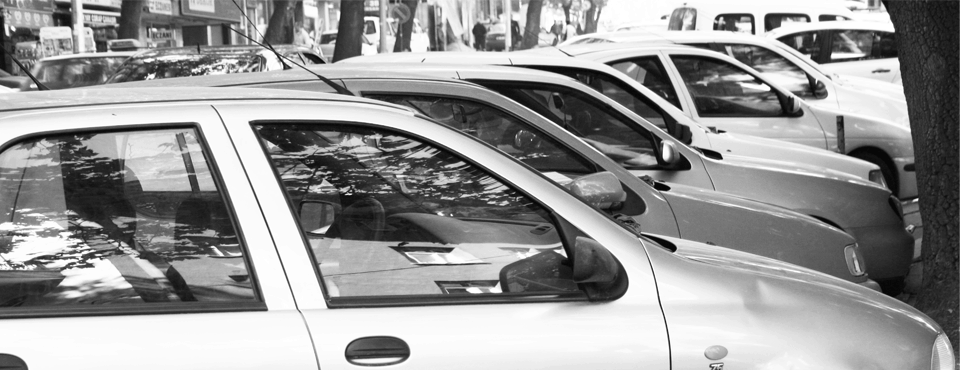
Are big-box stores emptying the city centre?
In recent years, many governments have adopted restrictive policies in response to the opening of big-box supermarkets. The economic consequences of the opening up of these new supermarkets became an important policy concern in most countries. A recent study shows that after the first big-box opening, between 20 and 30% of the grocery stores in the area disappear, offering clear evidence that city centres are losing part of their economic activity. However, when focusing on other retailers, the results also indicate that most of the empty commercial premises are taken by other type of small retailers. Hence, big-box store opening is a big threat to grocery stores, making them shut down after the opening, but it does not seem to be the case for the city centre’s activity in general.

You cannot regulate empty houses away
“Almost 57,000 homes in London stand empty…” writes David Smith in the Guardian on May 4th. This he claims is a significant cause of London’s housing problem and the “Key to this is tackling buy-to-leave investing.” The answer to this ‘problem’ is for the mayor to refuse planning permission and for Boroughs ”…to introduce planning restrictions …to prohibit the deliberate practice of letting properties lie empty.“ However, is making planning permission more difficult to get or imposing additional conditions a feasible way of reducing the proportion of empty homes?

Parking and car ownership: Will cheap parking spaces increase car ownership?
Many cities in Europa are congested. A high population density and historic city centres imply that there is little space left that can be used for parking. Parking in European cities is therefore expensive. In the Netherlands residents can get a parking permit so that for them it is possible to park their cars close to their homes. In Amsterdam, households pay usually about €100 to € 400 for a yearly parking permit. This is not much if we compare it with the prices that are paid on the market for parking spaces in the city centre of Amsterdam or the prices visitors have to pay. But what are the economic effects of these implicit parking subsidies?
- « Previous
- 1
- 2
